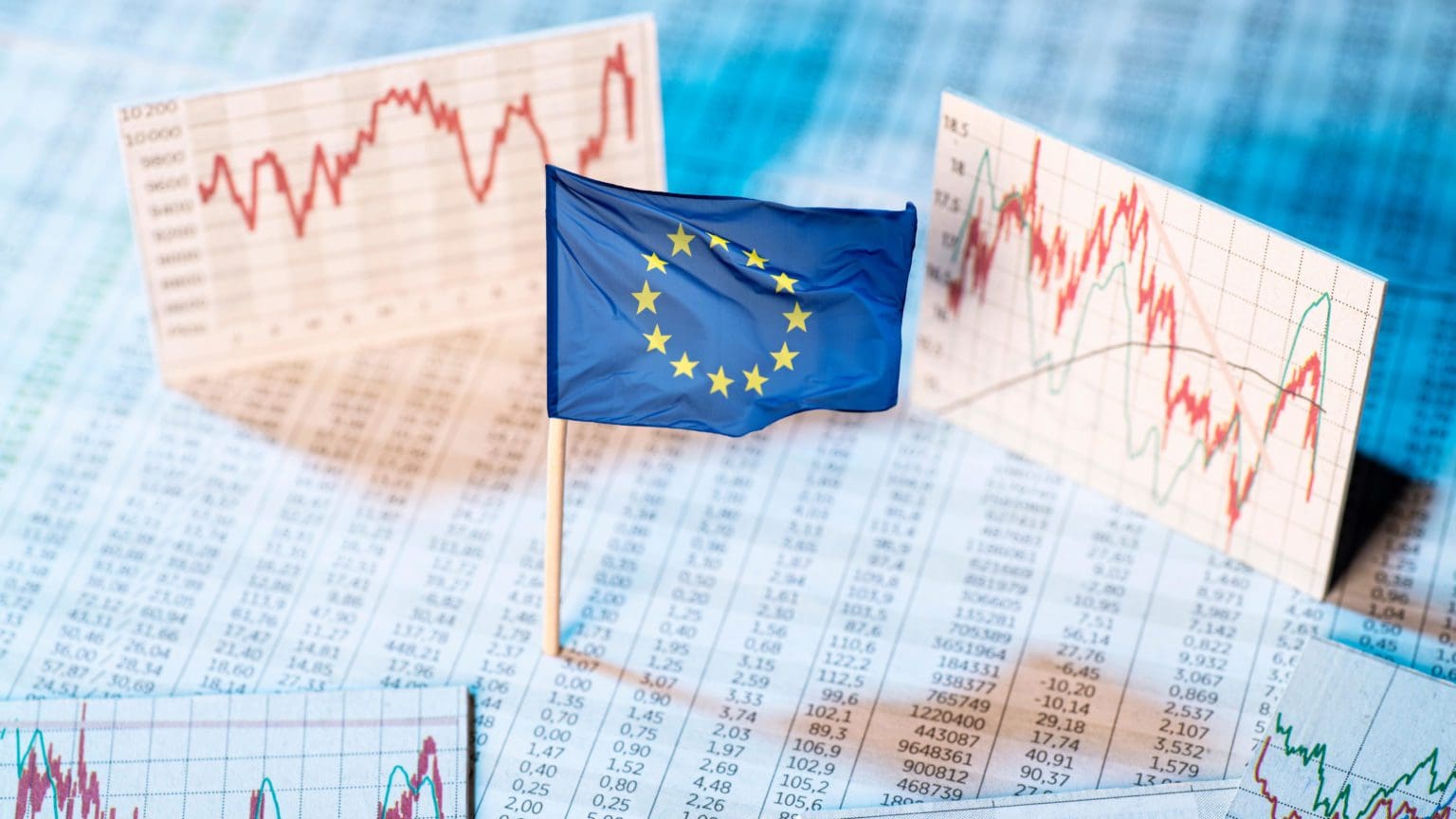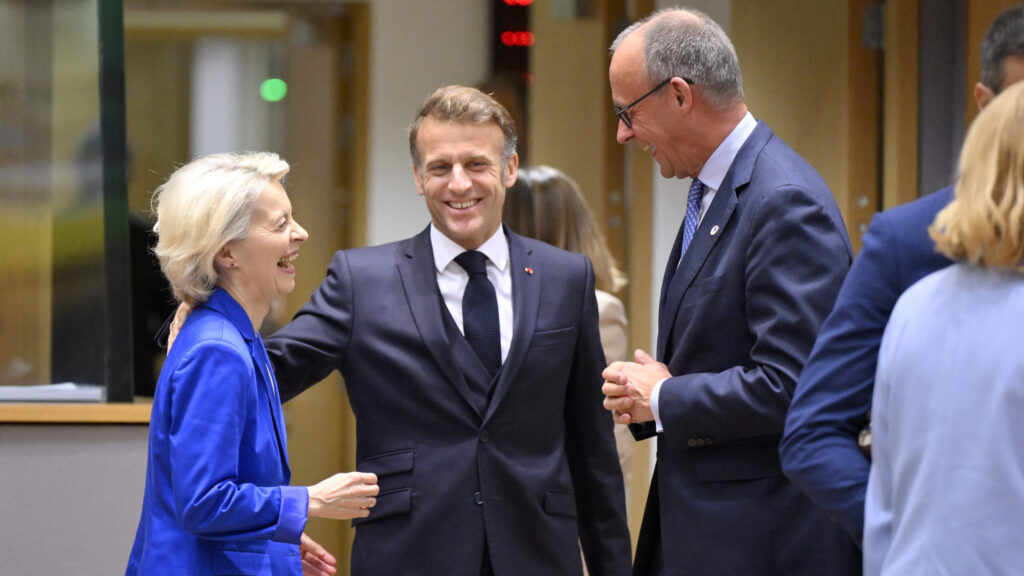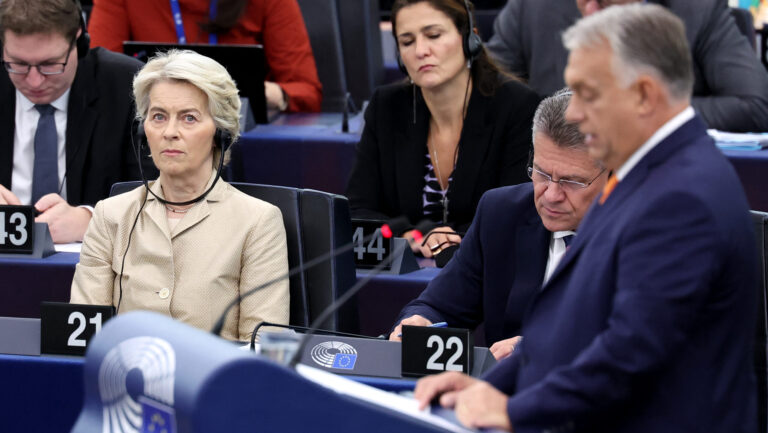The Hungarian economy grew by 1.3 per cent in the second quarter of this year compared to the same period last year, ranking fourth among the countries reporting data in the European Union, according to statistics compiled by Világgazdaság. Hungary’s GDP growth rate is ahead of those of Germany, Austria, Sweden, among other member states, and is higher than the average growth rates of both the eurozone and the European Union as a whole.
With its 1.3 per cent growth, Hungary’s economic performance was nearly twice as strong as the EU average, which grew by only 0.7 per cent, according to Eurostat. The value of this result is enhanced by the fact that it was achieved despite adverse external conditions and the protraction of the war, which are holding back industry and boosting consumer confidence.
Compared to last year, three of the member states saw a decline in economic performance: 1.4 per cent in Ireland, 0.4 per cent in Latvia, and 0.1 per cent in Germany, which is particularly significant for Hungary. In Austria and Sweden, the economy stagnated.
Eurozone Still Weak
Recently, ING Bank released a detailed analysis of the eurozone economies’ performance, concluding that recovery from a long period of stagnation continued in the second quarter, but signs of slowing are already prevailing. The analysis notes that the differences within the eurozone remain striking. ‘Spain continues to be the eurozone’s growth engine with 0.8 per cent growth quarter-on-quarter, while France also looked healthier than expected in the second quarter with 0.3 per cent growth, although this was mainly due to one-off export effects. Italian growth weakened a bit to 0.2 per cent, but
Germany continued to stand out negatively
with another decline in GDP of -0.1 per cent. Germany remains the weak link in this post-pandemic economy, but the rest is not fantastic either.’
ING also points out that there are no positive signs for the future as well. ‘Businesses have become more downbeat about the business situation in recent months and more downbeat about the months ahead. Together with ongoing manufacturing weakness as orders continue to come in weak, this does not make for a strong start to the third quarter,’ the analysis states.
Boosting Competitiveness
The weak performance of the German economy is a particularly alarming sign for Hungary, as the two countries’ economies are closely interlinked. This is well illustrated by the fact that Hungary receives the most German investment in the Central European region, far outstripping Slovakia and the Czech Republic.
The weakness of the eurozone and European Union economies also underscores the urgent need to boost the EU’s competitiveness. Promoting competitiveness is a key priority of the Hungarian EU Presidency, which will also present a European competitiveness pact to member states. The success of this initiative will depend largely on the cooperation of other member states, some of which are currently boycotting meetings organized by the Hungarian presidency due to Hungarian Prime Minister Viktor Orbán’s peace mission.
Related articles:
Sources: Világgazdaság/Hungarian Conservative







